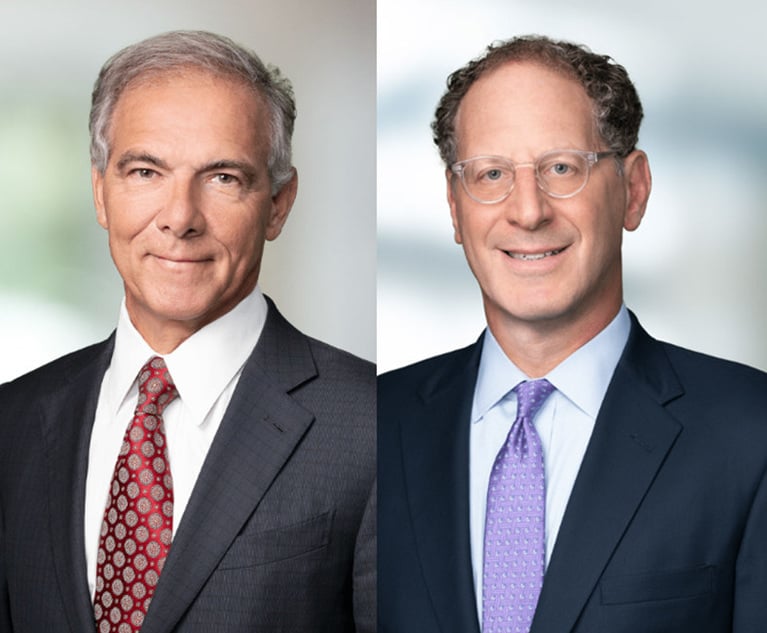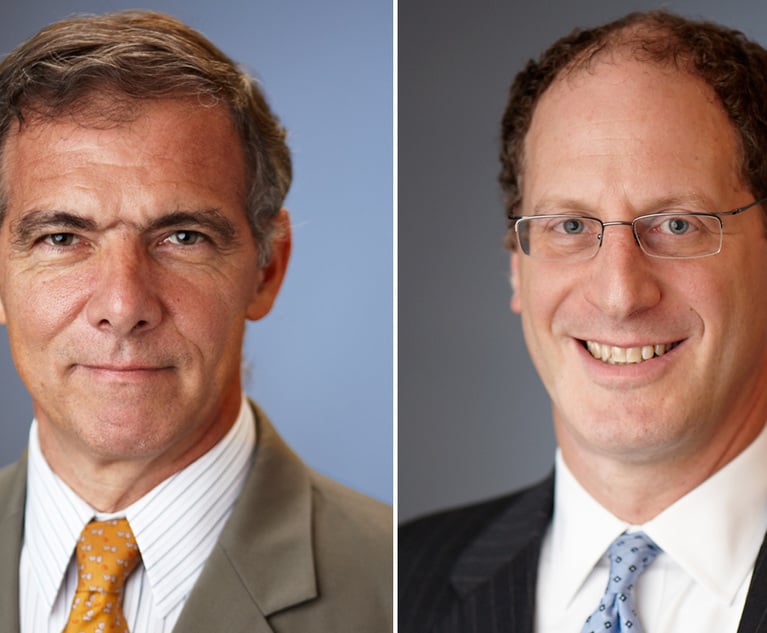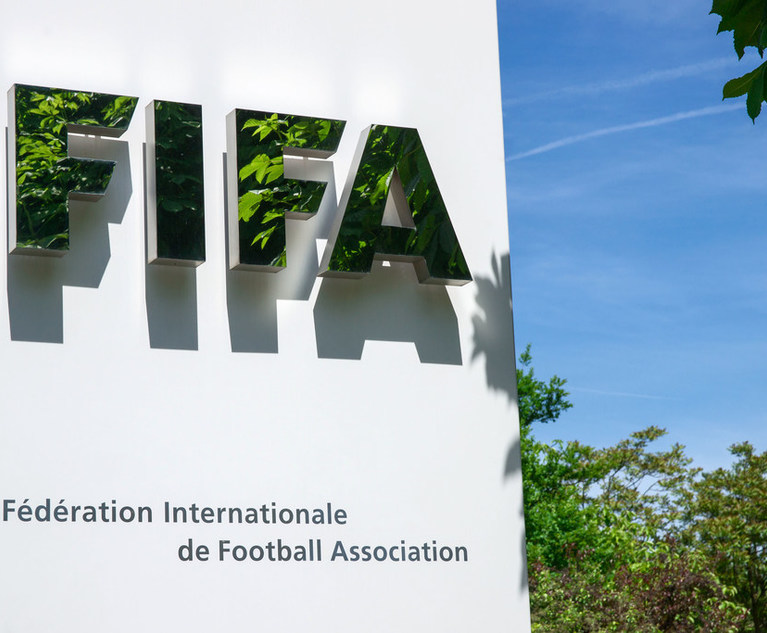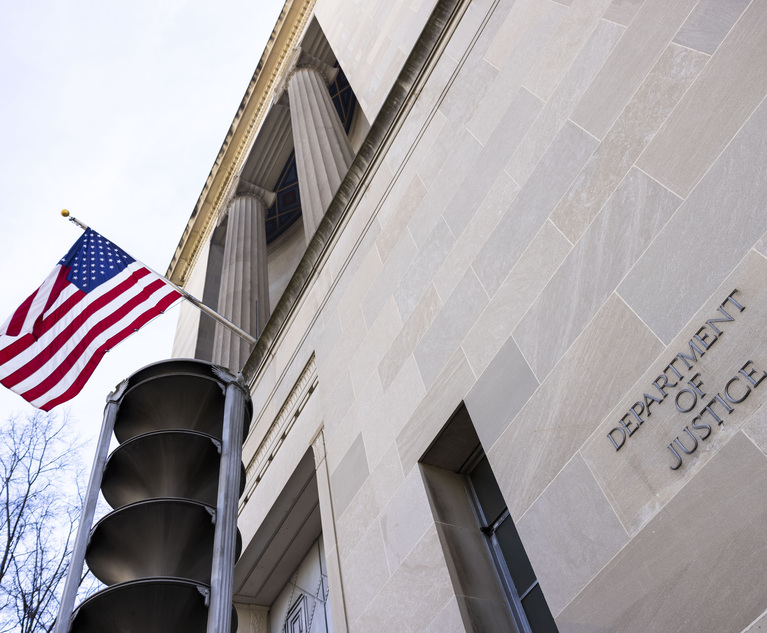Robert J. Anello

December 11, 2024 | New York Law Journal
Fifty Years After Nixon, Progress on Amending Rule 17(c)The authors write "Commentators long have pointed to the unfairness of applying the strict test used to assess a prosecutor’s subpoena to a sitting president in United States v. Nixon, 418 U.S. 683 (1974), to run of the mill subpoenas criminal defendants utilize to seek documentary material from third parties pursuant to Fed. R. Crim. P. 17(c). See Robert J. Anello & Richard F. Albert, Escaping ‘Nixon’s’ Legacy: the Proper Standard for Rule 17(c) Subpoenas, N.Y.L.J. (April 2, 2013). Triggered by a 2022 request from the New York City Bar Association, a subcommittee of the Advisory Committee on Criminal Rules, the official body charged with addressing proposed federal rule changes, has undertaken a comprehensive review of Rule 17."
By Robert J. Anello and Richard F. Albert
12 minute read

October 09, 2024 | New York Law Journal
Get Smart or Get Indicted: Corporate Compliance in the Age of AI"When wrongdoing inevitably occurs, the better the compliance program, the better the outcome for the corporation," write Robert J. Anello and Richard F. Albert.
By Robert J. Anello and Richard F. Albert
10 minute read

August 07, 2024 | New York Law Journal
Putting Counsel in an Uncomfortable Spot: The Witness Chair"More important, however, is for prosecutors to recognize that charges based on attorney proffers are ill-advised," write Robert J. Anello and Richard F. Albert.
By Robert J. Anello and Richard F. Albert
12 minute read

June 12, 2024 | New York Law Journal
Invitation Declined: Defenses Against Extradition to the United StatesThe arm of U.S. extradition law is long. Fortunately, practitioners have defenses at their disposal that they may raise in the requested country's courts to help either limit the scope of prosecution once extradition occurs, or to prevent it altogether.
By Robert J. Anello and Richard F. Albert
12 minute read

April 10, 2024 | New York Law Journal
Testing SCOTUS's 'Unmistakable Trend' in Shadow of Trump Prosecution'Fischer' presents an interesting test of whether SCOTUS will continue its "unmistakable" message that courts should not assign federal criminal statutes a potentially wide-ranging scope "when a narrower reading is reasonable." To court watchers, the odds appear to be against affirmance. The case's potential impact on the Trump prosecution makes it all the more intriguing.
By Robert J. Anello and Richard F. Albert
11 minute read

February 07, 2024 | New York Law Journal
SDNY Outreach to 'Whistleblowers' Takes Page from Main Justice PlaybookThe Southern District of New York's latest tool in white-collar criminal enforcement, SDNY's Whistleblower Pilot Program, is the first of its kind, offering a non-prosecution agreement to individuals in exchange for working with SDNY prosecutors to "figure out what [they] don't know."
By Robert J. Anello and Richard F. Albert
12 minute read

December 13, 2023 | New York Law Journal
Avoiding Conflicts With a Joint Defense Member Who FlipsA recent decision from the Southern District of Florida illustrates a benefit of utilizing a written joint defense agreement properly tailored to limit future conflicts, rather than relying on the oral agreements that are common among many practitioners.
By Robert J. Anello and Richard F. Albert
12 minute read

October 11, 2023 | New York Law Journal
FIFA Reversal Signals Limits to DOJ's Role as World's Bribery CopIn their White-Collar Crime column, Robert J. Anello and Richard F. Albert discuss how the latest decision out of the Eastern District of New York in the long-running FIFA saga has the potential to substantially curtail U.S. efforts to police foreign commercial bribery.
By Robert J. Anello and Richard F. Albert
11 minute read

August 09, 2023 | New York Law Journal
US Supreme Court Confirms 'Unmistakable' Trend in Narrowing Identity Theft StatuteIn its ruling in Dubin, the Supreme Court forcefully continued the trend recognized by Judge Costa, rejecting the government's literalist view of 18 U.S.C. Section 1028A(a)(1) that would make virtually every low-level fraud by a health care provider into aggravated identify theft subject to a mandatory two-year prison sentence.
By Robert J. Anello and Richard F. Albert
12 minute read

June 07, 2023 | New York Law Journal
Is FCPA Individual Enforcement at Odds With Government Rhetoric?Although time will tell whether the government's recent FCPA enforcement record reflects the lingering impact of COVID on investigative efforts or a longer term trend, these recent patterns are worthy of note for white-collar practitioners and company counsel addressing potential FCPA issues.
By Robert J. Anello and Richard F. Albert
10 minute read
Trending Stories
- 1Senate Confirms Last 2 of Biden's California Judicial Nominees
- 2Morrison & Foerster Doles Out Year-End and Special Bonuses, Raises Base Compensation for Associates
- 3Tom Girardi to Surrender to Federal Authorities on Jan. 7
- 4Husch Blackwell, Foley Among Law Firms Opening Southeast Offices This Year
- 5In Lawsuit, Ex-Google Employee Says Company’s Layoffs Targeted Parents and Others on Leave
More from ALM
- Scan In Progress: Litigators Leverage AI to Screen Prospective Jurors 1 minute read
- Legal Speak at General Counsel Conference East 2024: Match Group's Katie Dugan & Herrick's Carol Goodman 1 minute read
- Legal Speak at General Counsel Conference East 2024: Eric Wall, Executive VP, Syllo 1 minute read



